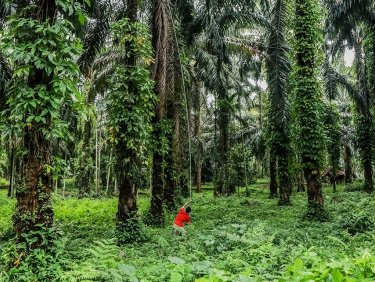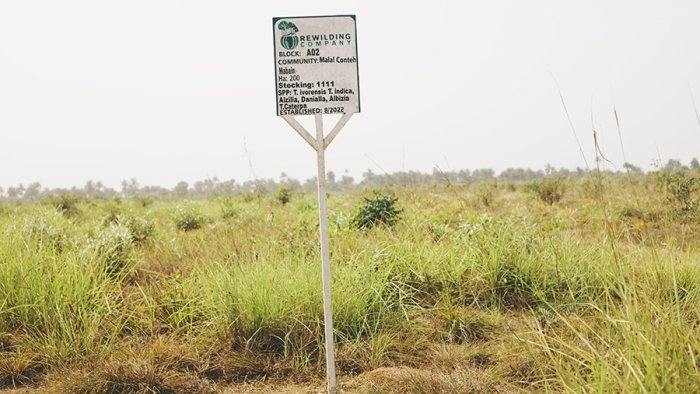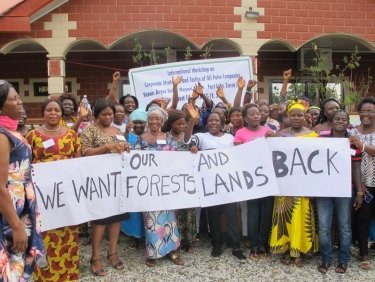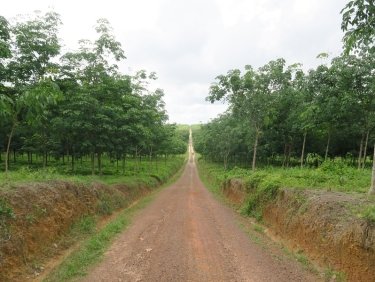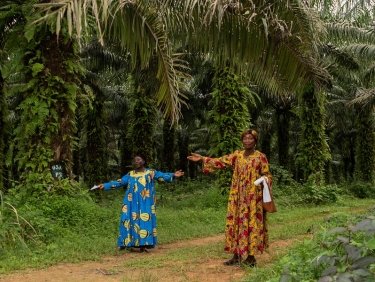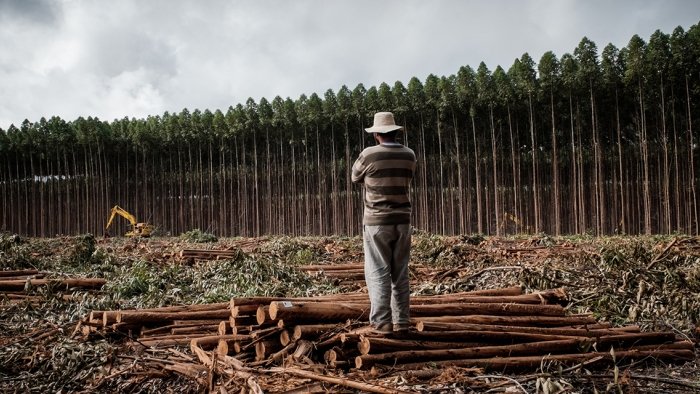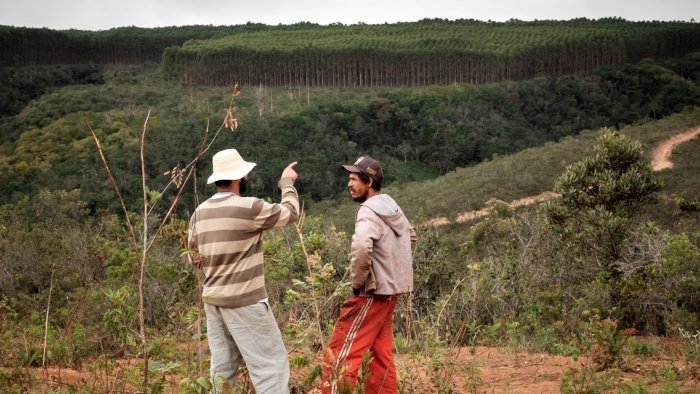The current system is creating circumstances that ultimately compel small farmers, herders and indigenous communities in the Global South to change their way of life and community practices for managing forests and lands. Astonishingly, practices like shifting cultivation are now quite often seen as major reasons for deforestation, when, in fact, these community practices have been known to sustain forests and ensure the vitality of lands.
Land belonging to communities in the Global South continues to be misrepresented as ‘unused’, and even if used, becomes cheaply available. Weak land rights regimes permit existing laws to be circumvented, making it easier to violate peoples’ rights. Additionally, global inequalities make their governments more vulnerable to this land grabbing. All of this ultimately affects those people who have contributed the least to the global climate crisis.
In contrast, agricultural corporations even manage to ‘greenwash’ their violent system of industrial tree plantations, such as eucalyptus plantations, and sell it as a model with which to sequester carbon and fight the climate crisis. These corporations and rich governments, by far the largest emitters, continue to make profits – also through large-scale corporate deforestation – and to fuel the climate crisis. In 2022, Shell, which is also invested in the net zero approach, recorded its highest profit since its founding 115 years ago.
Tradable carbon certificates facilitate this system, allowing emitters to continue to emit while paying to reduce emissions or bind carbon elsewhere. Besides, this global carbon market – a growing business worth an estimated $7.7 billion – has so far been dominated by actors from the Global North who sell and verify these certificates. The experience of recent decades shows that, too often, the local communities, on whose land these projects operate, hardly benefit. This ends up perpetuating the very legacy of the colonialist, profit-oriented economic system that caused the climate crisis in the first place, and is also called carbon colonialism.
